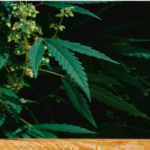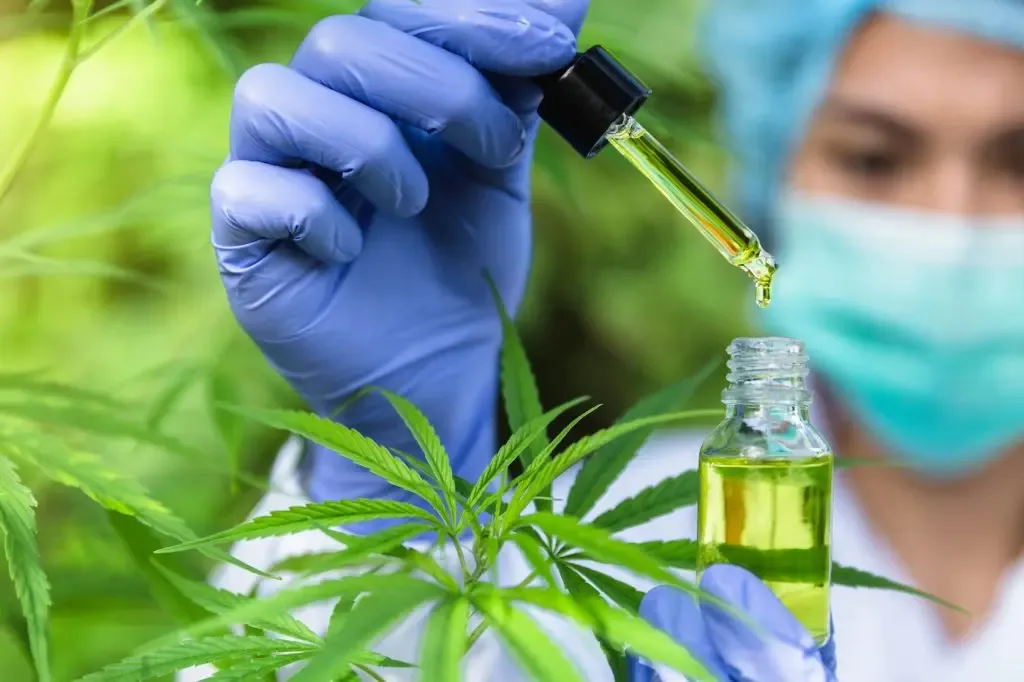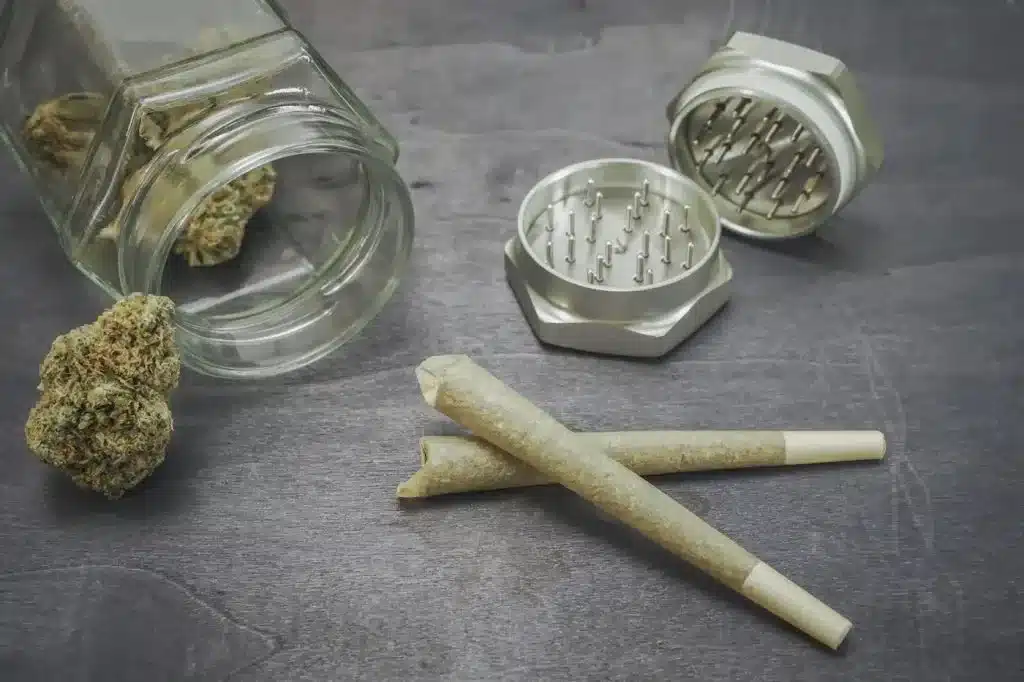
Where To Get A Medical Marijuana Card Near Boston
June 9, 2021
CBD Vs. THC: Explaining The Endocannabinoid System
September 1, 2021
Many individuals who struggle with post-traumatic stress disorder (PTSD) use cannabis as a form of self-medication, but it is only in recent years that studies have emerged on its effectiveness.
If you have been diagnosed with PTSD and you qualify for a medical marijuana card in your state, you may want to consult with your primary care physician about supplementing your treatment with cannabis products.
What is PTSD?
PTSD is a psychiatric disorder that can develop after a person has been exposed to a traumatic event, such as the experience or threat of violence, a serious injury or accident, a natural disaster or an act of war or terrorism.
While PTSD is often associated with war veterans, it can happen to anyone, and affects about 10% of people worldwide. Within the US, Latinos, African Americans and Native Americans are disproportionately affected; and women are twice as likely as men to be diagnosed with the disorder.
Individuals who have PTSD may relive their experience through nightmares or flashbacks, and struggle with intense thoughts and feelings related to the traumatic event, often long after it happened. They might feel a sense of detachment from the people in their lives, and choose to avoid people or places that remind them of their experience.
How is PTSD usually treated?
Sometimes, people with PTSD see an improvement in their symptoms over time, but many do require psychiatric treatment to help manage and alleviate their symptoms. This normally includes a combination of psychotherapy, or mental health counseling, and medication such as antidepressants.
In addition, many people who have been diagnosed with PTSD report positive effects from marijuana use. Cannabis has not been approved by the US Food and Drug Administration (FDA) for the treatment of PTSD. However, individuals who have the disorder may qualify for medical cannabis in their home states to supplement their existing treatment.

How can medical cannabis help with PTSD?
There are several ways cannabis might help alleviate PTSD symptoms, according to anecdotal evidence and existing research.
Working with the amygdala:
Studies suggest that both THC and CBD, two of the most prevalent compounds in the cannabis plant, may be beneficial for PTSD.
For instance, a 2018 study found that CBD, consumed immediately after experiencing a traumatic event, may impede the brain’s ability to form the memories that could cause PTSD. It is possible, according to researchers, that CBD affects the hippocampus in the brain to reduce hyperactivity of the amygdala, the latter of which occurs when people experience PTSD symptoms.
A 2020 study conducted by researchers at Wayne State University in Detroit, Michigan, found that people with PTSD who were exposed to THC had lower threat-related amygdala reactivity versus those who were not. In other words, these study participants exhibited decreased rates of fear and anxiety in response to fear-inducing stimuli.
‘Overwriting’ traumatic memories:
Individuals with PTSD experience intense, disturbing memories of traumatic experiences. A 2020 study by Brazil’s Federal University of Parana found evidence to support the theory that cannabis can help with the “extinction” of traumatic memories. The theory itself is that traumatic memories can be replaced or “overwritten” by new memories that do not trigger fear and anxiety. The research states that low doses of THC, or a combination of THC and CBD, improved the rate of extinction for aversive memories and reduced anxiety responses.
Recovery from PTSD:
Research conducted by a number of universities, funded by the Colorado Department of Public Health and Environment, found not only that people with PTSD who used cannabis experienced relief of their symptoms, but that they were 2.57 times more likely to recover from PTSD entirely than those not using cannabis.
At the conclusion of the year-long study, it was clear that participants who used cannabis experienced a much quicker reduction in symptoms.
Further, they were 2.5 times more likely to not have PTSD at all after using cannabis.

Interested in applying for a medical marijuana card? Contact us.
If you’re interested in using medical cannabis for PTSD and you qualify for a medical marijuana card in your state, schedule a virtual appointment with Canna Care to take the next step. Got questions first? Feel free to contact us via this online form.



